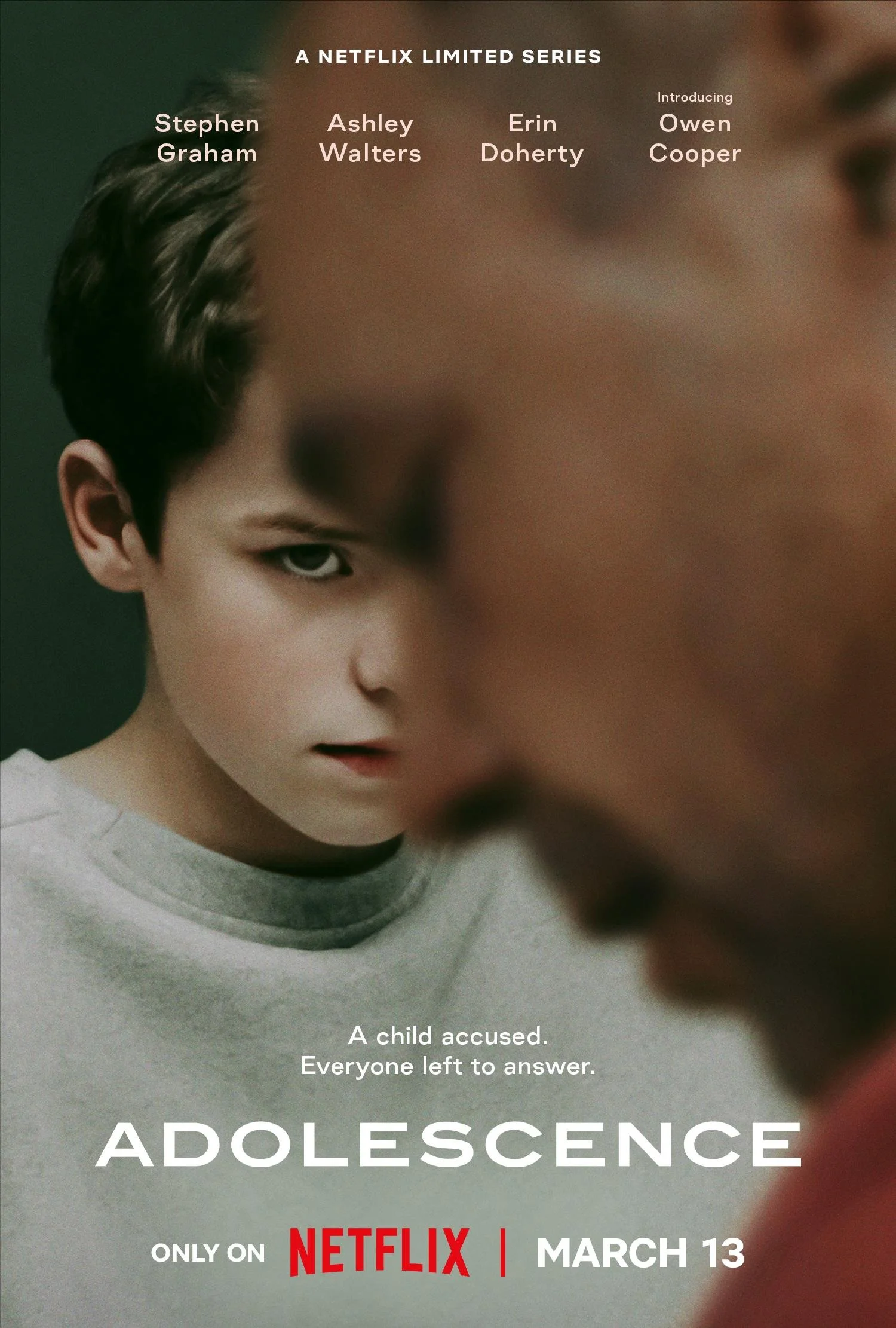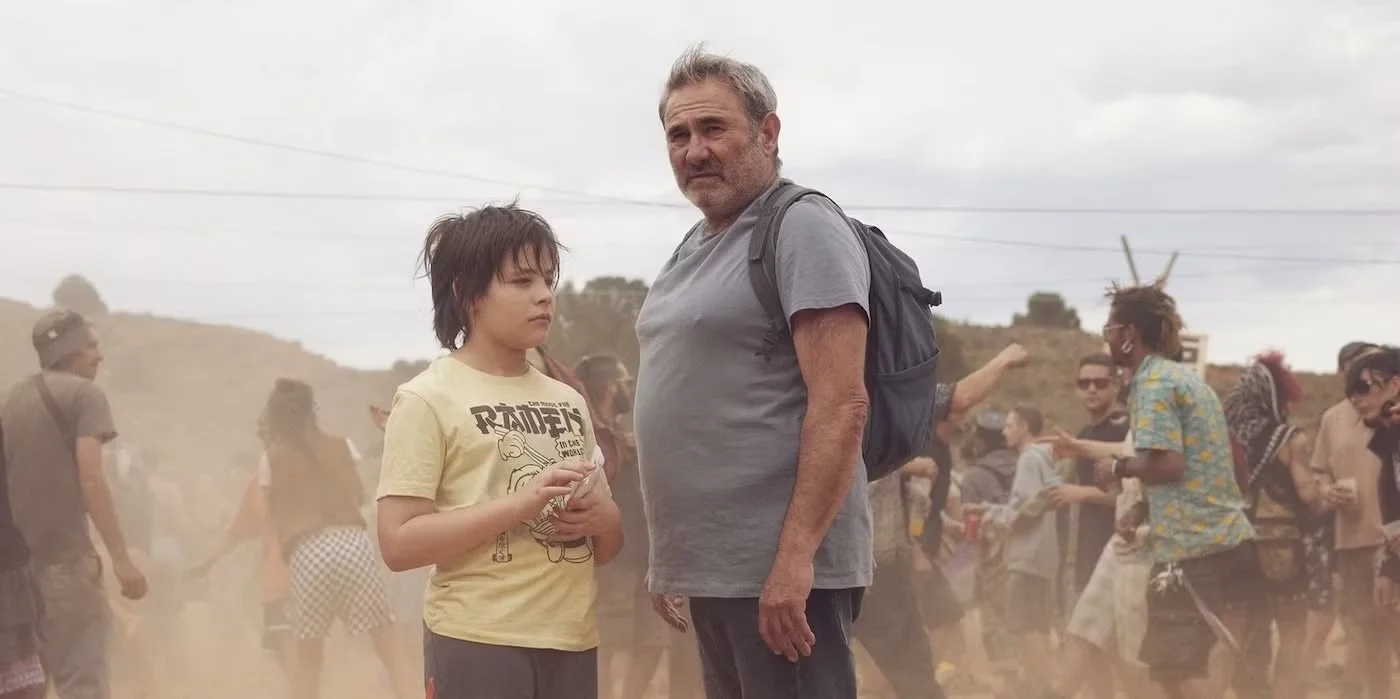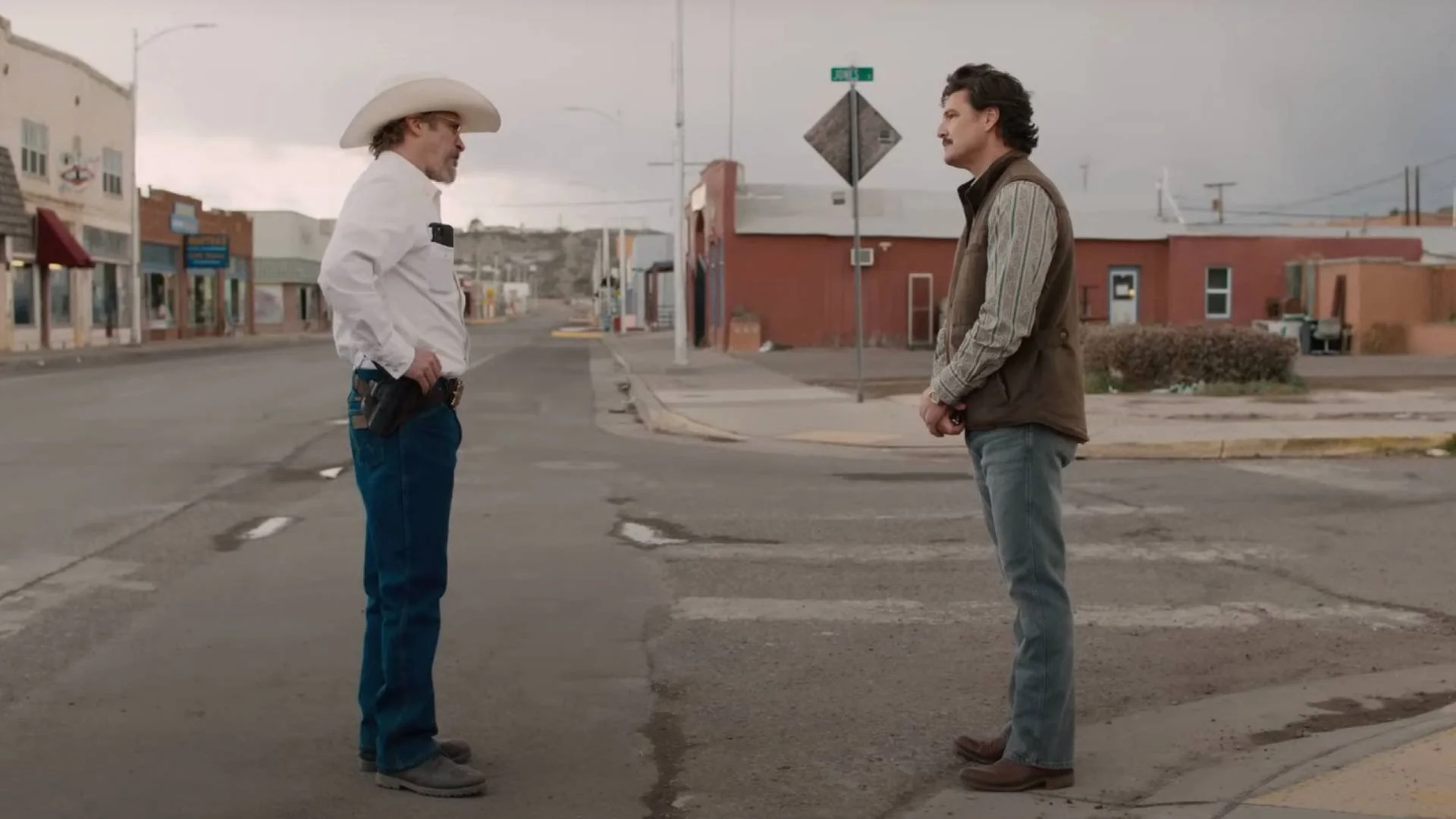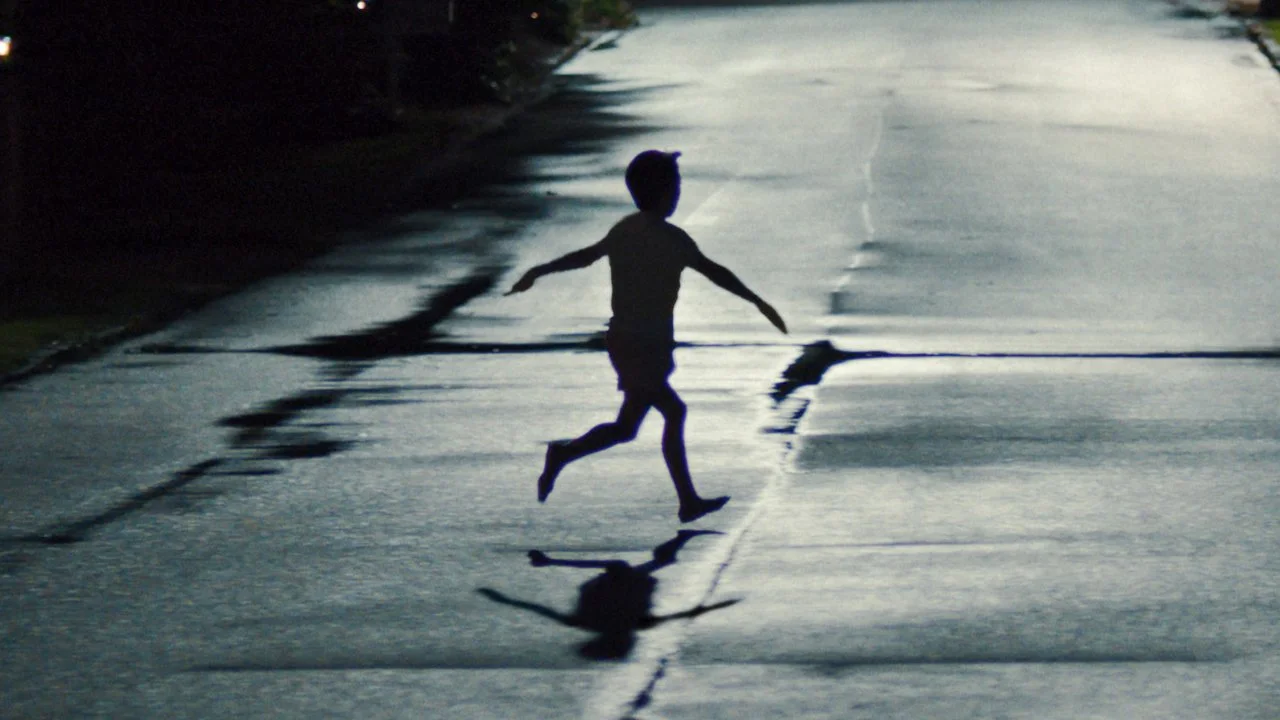Adolescence
When Adolescence dropped on Netflix back in March, I kept circling around it, looking for the right reason to finally press play. I knew at some point it would happen, but it took the show’s triumph at the Emmys to give me that final push.
Well, that’s your horror show of the year, because I doubt you’ll find anything scarier. The story may be fictional, but it connects so directly with the chaos we’re living through right now that it leaves you in this strange, silent agony. That sense of helplessness, of total hopelessness…
The premise is by now well known: a 13-year-old boy Jamie from a loving, seemingly stable family is accused of brutally murdering his classmate. Across four episodes, each structured around a different timeline, we see the case unfold from multiple perspectives—his own, his family’s, the psychologists, the police, the school. And what comes out of it isn’t just a portrait of Jamie, but a snapshot of our society and the mess we’re all stuck in right now.
What Adolescence does brilliantly is refuse to hand us any comforting solutions. There’s no fake American optimism here—only a brutal British honesty that drags you into the abyss. The show isn’t really about Jamie at all—it’s about the world we’re stuck in right now. A whole generation is growing up fully online, and no parent, no matter how good or attentive, can truly protect their kid from what’s waiting out there. I’m not even thirty yet, and I still remember being a teenager—lucky enough to be part of the last generation that got at least the first ten years of life without the internet. And even with that, I can’t wrap my head around how kids today survive in this digital swamp. Bullying was always brutal, but now it’s anonymous, faceless, endless. Add to that toxic voices like Andrew Tate and the whole “manosphere” just one click away—it’s terrifying. And the worst part? There’s nothing we can do about it. You can’t rewire someone’s brain, you can’t just transfer your perspective into theirs, you can’t put a kid in a bubble and block out the world. You just stand there, watching that chaos chase them—and you. That’s the feeling this series captures with painful accuracy.
On a technical level, the series is ambitious: each hour-long episode is shot as a single continuous take. I’ll be honest—at first, it felt a bit unnecessary. But by the third episode (which is by far the strongest one), that approach suddenly clicked and turned into flawless storytelling. And the cast? Astonishing. Stephen Graham as the father is incredible, but Owen Cooper as Jamie is a revelation. For a debut role, this is phenomenal work. Every award he’s already picked up—and the many more he will undoubtedly collect—are absolutely deserved.
Do I think Adolescence will change society, or fix the problems it puts on the table? Of course not. But it’s a necessary project, one that at least forces us to remember the horror we’re collectively sinking into—because sadly, this isn’t the only crisis we’re facing right now. It doesn’t offer answers, but it forces us to think, to reflect, and not to look away. And sometimes, that’s already something.
9/10




